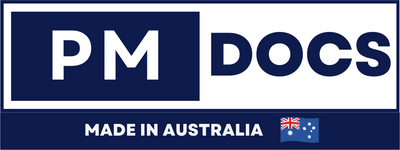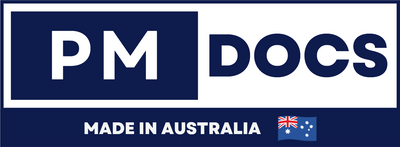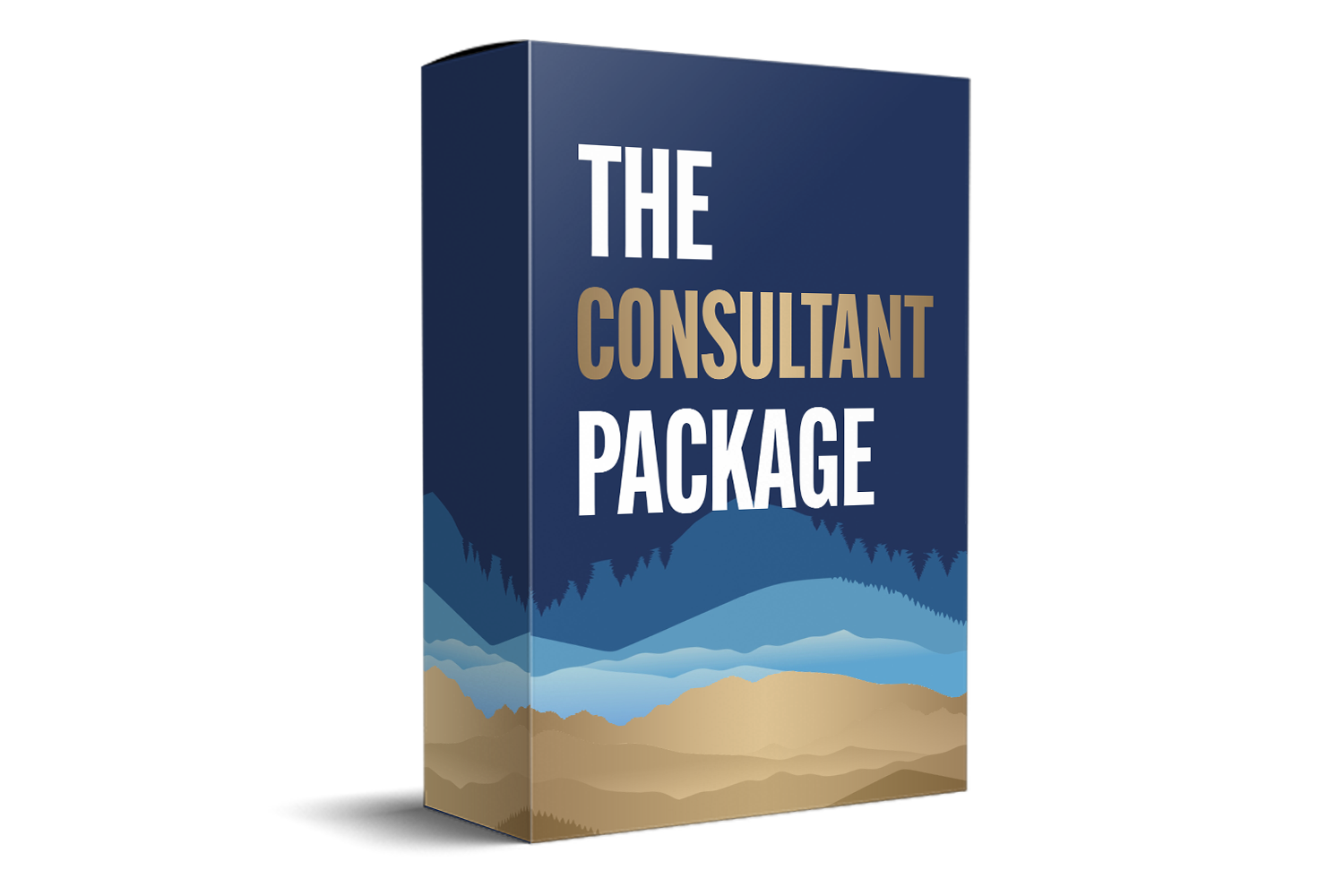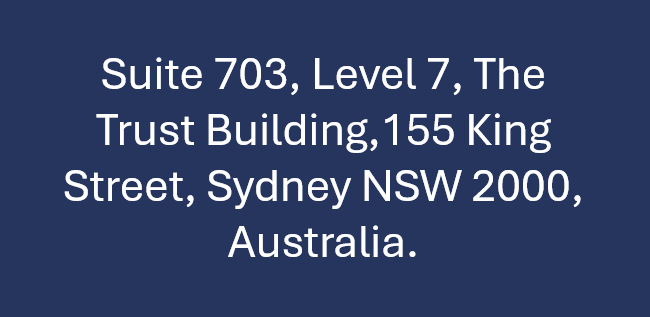ISO 27001 Compliance Services in Australia: Do You Need a Consultant?
Navigating ISO 27001 In Australia: Is A Consultant Your Essential Compass?
In today's interconnected digital landscape, information security isn't just a buzzword – it's a cornerstone of business survival and trustworthiness. For Australian businesses, demonstrating robust security practices is becoming increasingly non-negotiable, driven by evolving cyber threats, regulatory demands, and customer expectations. This is precisely where ISO 27001, the international standard for Information Security Management Systems (ISMS), steps in.

Achieving ISO 27001 certification signals to the world that your organisation takes information security seriously, employing a systematic approach to managing sensitive data. But as businesses in Sydney, Melbourne, Brisbane, and across Australia consider embarking on this journey, a common and critical question arises: "Do we need an ISO 27001 consultant, or can we go it alone?"
The answer isn't a simple yes or no. It depends heavily on your organisation's unique circumstances, resources, and risk appetite. This blog post will delve into the complexities of ISO 27001 compliance in Australia, exploring the pros and cons of both DIY and consultant-led approaches, and helping you determine the best path for your business.
What Is ISO 27001 And Why Is It Crucial For Australian Businesses?
ISO 27001 provides a framework for establishing, implementing, maintaining, and continually improving an ISMS. It's not just about firewalls and antivirus software; it encompasses people, processes, and technology, ensuring a holistic approach to information security.
For Australian businesses, the benefits of ISO 27001 certification are multifaceted:
-
Enhanced Security Posture: A systematic approach significantly reduces the risk of data breaches, cyber-attacks, and other security incidents.
-
Regulatory Compliance: It helps meet obligations under Australia's Privacy Act, APRA standards (for financial services), and other industry-specific regulations. For entities under the Security of Critical Infrastructure Act, a robust ISMS is foundational.
-
Increased Trust and Reputation: Certification demonstrates a commitment to protecting sensitive information, building confidence among customers, partners, and stakeholders.
-
Competitive Advantage: In a marketplace where security concerns are paramount, ISO 27001 can differentiate your business and open doors to new opportunities, particularly in government contracts or supply chains requiring high security standards.
-
Improved Internal Processes: The process of implementing an ISMS often leads to greater efficiency, clearer responsibilities, and better understanding of information flows.
- Resilience: By identifying and managing risks, your organisation becomes more resilient to disruptions and can recover more effectively from security incidents.
The DIY Approach: An Australian Business Going Solo?
Going down the DIY route for ISO 27001 compliance might seem appealing, especially from a cost-saving perspective. However, it's a path fraught with potential challenges.
Pros of the DIY Approach:
-
Cost Savings (Initial): You avoid consultancy fees, which can be a significant upfront saving.
-
Internal Knowledge Building: Your team gains hands-on experience and a deep understanding of the ISMS.
-
Full Control: Your organisation retains complete control over every aspect of the implementation process.
- Tailored Solutions: The ISMS is developed entirely from an internal perspective, potentially aligning very closely with existing internal culture (if managed well).
Cons of the DIY Approach:
-
Time-Consuming: ISO 27001 is complex. Without prior experience, your internal team will spend countless hours researching, interpreting the standard, developing documentation, and implementing controls. This can distract from core business activities.
-
Lack of Expertise: Interpreting the nuances of the standard, conducting a thorough risk assessment, and designing effective controls requires specialised knowledge that most internal teams in SMEs simply don't possess.
-
Potential for Errors: Misinterpretations or omissions can lead to non-compliance, failed audits, and wasted effort.
-
Resource Drain: Dedicating internal staff to a multi-month project can strain resources, particularly in smaller Australian businesses already operating lean.
-
Slower Progress: The learning curve means the implementation process is almost always slower than with expert guidance.
- Risk of Scope Creep: Without a clear project plan and expert oversight, the project can easily lose focus and expand beyond its initial scope.
To illustrate, consider the core differences:
Table 1: DIY vs. Consultant - Key Differences
| Feature | DIY Approach | Consultant Approach |
|---|---|---|
| Time Investment | Very High (Learning curve, trial & error) | Moderate (Guided, efficient) |
| Cost (Overall) | Potentially Higher (Rework, failed audits, opportunity cost) | Predictable (Consultancy fees) |
| Expertise | Limited to Internal Knowledge | Specialized, Up-to-Date, Best Practices |
| Risk of Failure | Higher (Misinterpretation, incomplete scope) | Lower (Expert guidance, audit readiness) |
| Resource Strain | High (Internal staff diverted) | Low (External expertise supplements internal efforts) |
| Speed to Cert. | Slower | Faster |
The Consultant Approach: Your Expert Guide For ISO 27001 In Australia
Engaging an ISO 27001 consultant, particularly one with experience in the Australian context, can significantly streamline and de-risk your certification journey.
Pros of the Consultant Approach:
-
Expert Knowledge: Consultants bring deep expertise in the standard, best practices, and audit requirements. They know the common pitfalls and how to avoid them.
-
Efficiency and Speed: They provide a structured methodology, templates, and project management to expedite the implementation process.
-
Objective Perspective: An external consultant can offer an impartial view of your current security posture, identifying gaps that internal teams might overlook.
-
Reduced Risk of Non-Compliance: Their experience significantly increases the likelihood of a successful audit and certification on the first attempt.
-
Resource Optimisation: Your internal teams can focus on their core responsibilities, collaborating with the consultant rather than leading the entire project.
-
Training and Mentorship: Consultants often provide valuable training, empowering your staff and building internal capability for ongoing ISMS maintenance.
- Tailored to Australian Context: A local consultant understands Australian legal and regulatory requirements, ensuring your ISMS is compliant with both ISO 27001 and local laws (e.g., Privacy Act, essential eight considerations).
Cons of the Consultant Approach:
-
Cost: Consultancy fees are an additional expense that needs to be factored into the budget.
-
Reliance on External Party: You become reliant on the consultant's expertise, though a good consultant will enable your team for future self-management.
- Potential for Disconnect: If not managed well, there can be a disconnect between the consultant's approach and your internal culture or specific business operations. (This is mitigated by choosing the right consultant).
Table 2: Benefits Of Engaging An ISO 27001 Consultant
| Benefit Category | Specific Advantages |
|---|---|
| Expertise & Guidance | Deep understanding of ISO 27001 requirements, best practices, and common interpretations. |
| Expert assistance with risk assessment, statement of applicability, and control selection. | |
| Knowledge of Australian specific regulatory compliance (Privacy Act, Notifiable Data Breaches). | |
| Efficiency & Speed | Structured project methodology and proven templates accelerate implementation. |
| Minimises wasted effort and ensures a streamlined approach to documentation and implementation. | |
| Faster achievement of certification, allowing quicker realisation of business benefits. | |
| Risk Reduction | Identifies and addresses gaps effectively, significantly reducing the risk of audit failure. |
| Mitigates the learning curve and potential for misinterpretations or omissions. | |
| Resource Optimisation | Frees up internal resources to focus on core business operations. |
| Provides expertise without the need for long-term internal hiring or training for complex tasks. | |
| Objectivity | Provides an unbiased, external perspective on your organisation's security posture and risks. |
| Challenges internal assumptions and drives more robust security solutions. | |
| Cost Effectiveness (Long-term) | Avoids costly mistakes, re-audits, and potential breaches that could occur with a DIY approach. |
| Enables more effective allocation of security budgets. |
When Is A Consultant Most Beneficial For Australian Businesses?
While every business is unique, a consultant is often most beneficial in these scenarios:
-
Limited Internal Resources or Expertise: Small to medium-sized enterprises (SMEs) often lack dedicated information security teams or personnel with ISO 27001 experience.
-
Urgent Certification Needs: If there's a tight deadline for certification to secure a contract or meet regulatory demands.
-
Complex IT Environments: Organisations with intricate IT infrastructure, multiple systems, or diverse data handling requirements benefit from expert navigation.
-
New to Information Security Standards: Businesses taking their first steps into formal security management will find expert guidance invaluable.
-
Desire for Best Practices: Companies aiming for not just compliance, but genuine security uplift, will leverage a consultant's knowledge of industry best practices.
-
Need for Independent Verification: An external perspective can lend credibility and help identify blind spots before the certification audit.
- Sustained Compliance: Consultants can help establish robust processes for ongoing maintenance and continual improvement of the ISMS post-certification.
What To Look For In An Australian ISO 27001 Consultant
If you decide the consultant route is right for your Australian business, choose wisely:
-
Proven Track Record: Look for consultants with a strong history of successful ISO 27001 certifications.
-
Understanding of the Australian Context: They should be familiar with local regulations, industry nuances, and the specific cyber threat landscape in Australia.
-
Methodology and Approach: Ensure their approach aligns with your organisational culture and goals. Are they flexible? Do they offer training?
-
Post-Certification Support: Do they offer ongoing support for maintaining and improving your ISMS?
-
References and Testimonials: Ask for client references, especially from businesses similar to yours in size and industry.
-
Cultural Fit: This is crucial. You'll be working closely with them, so ensure good communication and a collaborative spirit.
- Certification Body Relationships (Optional but useful): While consultants cannot audit you, familiarity with certification bodies operating in Australia can be an advantage.
The Hybrid Approach: A Balanced Solution
It's also worth noting that a hybrid approach is often highly effective. You might engage a consultant for the initial strategy, risk assessment, and documentation templates, while your internal team handles the bulk of the implementation, guided by the consultant. This balances cost efficiency with expert oversight and internal capability building.
Conclusion
Achieving ISO 27001 certification in Australia is a significant undertaking that brings substantial benefits, but also demands careful planning and execution. The decision to engage a consultant is not about whether your team is capable, but rather about optimising resources, accelerating the process, and mitigating risks.
For many Australian businesses, especially those grappling with limited resources, tight deadlines, or a lack of prior experience, an ISO 27001 consultant is not just an expense, but a strategic investment. They act as your expert compass, guiding you through the intricate landscape of information security, ensuring you reach your certification destination efficiently and effectively.
By carefully assessing your internal capabilities, budget, and timelines, you can make an informed decision that sets your Australian business up for lasting information security success.
Ready to explore your ISO 27001 journey? Contact us today for a consultation to discuss how our expert services can support your business in Australia.




